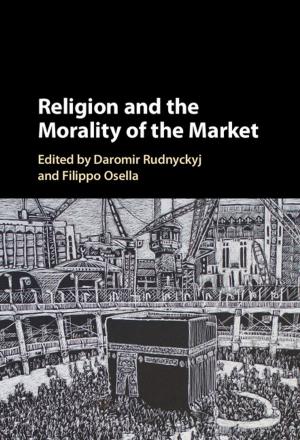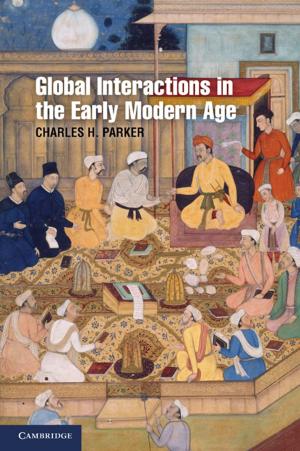Seneca: Moral and Political Essays
Nonfiction, Social & Cultural Studies, Political Science, Politics, Reference, Social Science, History| Author: | Seneca, John M. Cooper | ISBN: | 9781139861373 |
| Publisher: | Cambridge University Press | Publication: | June 22, 1995 |
| Imprint: | Cambridge University Press | Language: | English |
| Author: | Seneca, John M. Cooper |
| ISBN: | 9781139861373 |
| Publisher: | Cambridge University Press |
| Publication: | June 22, 1995 |
| Imprint: | Cambridge University Press |
| Language: | English |
This volume offers clear and forceful contemporary translations of the most important of Seneca's 'Moral Essays': On Anger, On Mercy, On the Private Life and the first four books of On Favours. They give an attractive, full picture of the social and moral outlook of an ancient Stoic thinker intimately involved in the governance of the Roman empire in the mid first century of the Christian era. A general introduction describes Seneca's life and career and explains the fundamental ideas underlying the Stoic moral, social and political philosophy that informs the essays. Individual introductions, footnotes and biographical notes place the essays in their historical and philosophical contexts, and further assistance to students is provided by section headings in the translations which organize the principal transitions in the argument and the more unfamiliar aspects of Seneca's writing.
This volume offers clear and forceful contemporary translations of the most important of Seneca's 'Moral Essays': On Anger, On Mercy, On the Private Life and the first four books of On Favours. They give an attractive, full picture of the social and moral outlook of an ancient Stoic thinker intimately involved in the governance of the Roman empire in the mid first century of the Christian era. A general introduction describes Seneca's life and career and explains the fundamental ideas underlying the Stoic moral, social and political philosophy that informs the essays. Individual introductions, footnotes and biographical notes place the essays in their historical and philosophical contexts, and further assistance to students is provided by section headings in the translations which organize the principal transitions in the argument and the more unfamiliar aspects of Seneca's writing.















